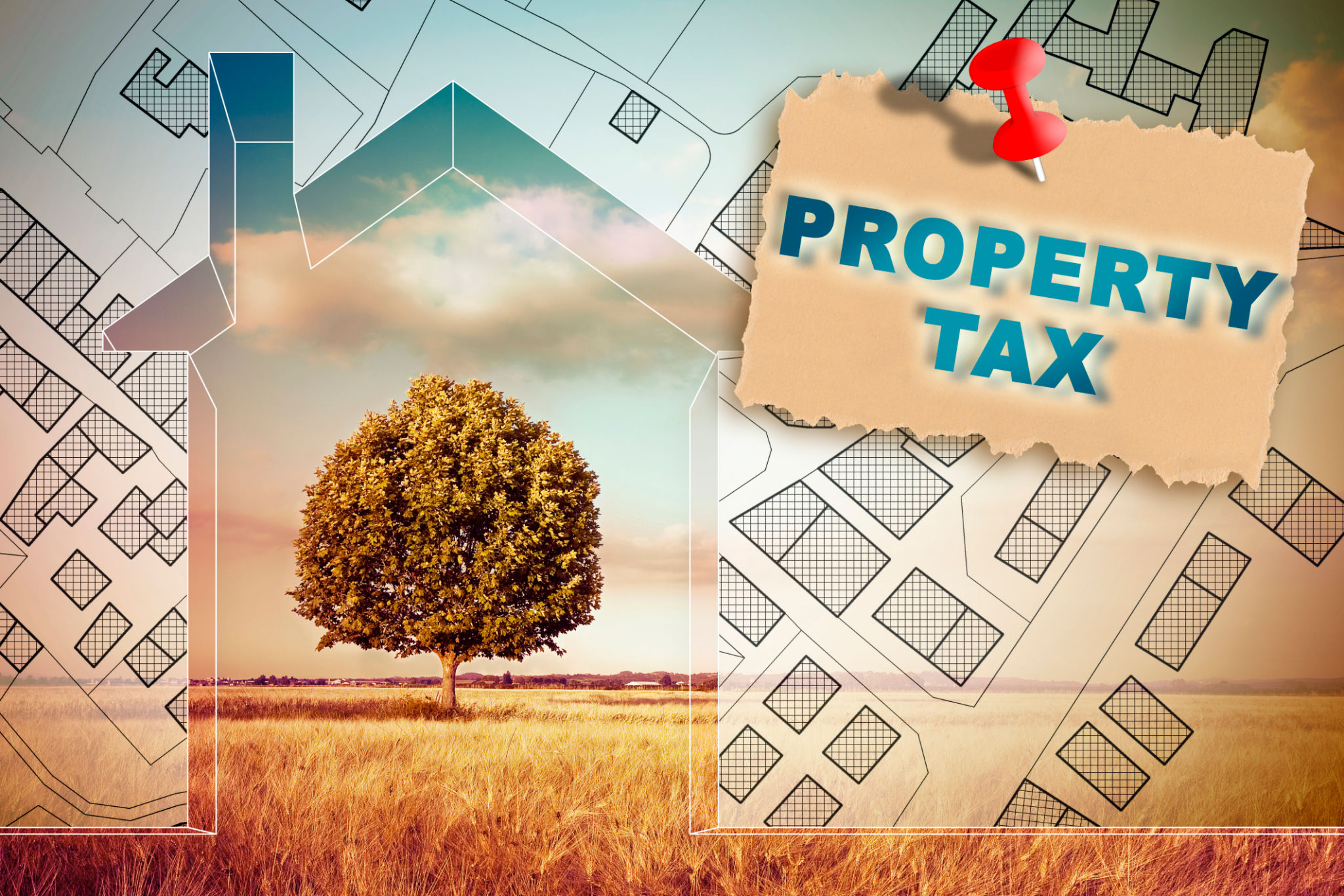Navigating Tax Regulations in New Jersey: A Local's Guide
GD
Understanding New Jersey Tax Basics
New Jersey's tax regulations can be a labyrinth for residents and newcomers alike. With its unique blend of state and local taxes, it's crucial to have a clear understanding of the basics. The Garden State is known for its relatively high property taxes, but it also offers various deductions and exemptions to offset some costs.

State Income Tax
One of the primary taxes you'll encounter is the state income tax, which is progressive in nature. This means that the rate you pay increases with your income. The rates range from 1.4% to 10.75%, depending on your income bracket. It's essential to accurately report your earnings to avoid any penalties or fines.
Sales Tax
New Jersey has a statewide sales tax rate of 6.625%. However, there are exceptions and special rates for certain items such as clothing, groceries, and prescription medications, which are exempt from sales tax. Understanding these exemptions can help you save money on everyday purchases.

Navigating Property Taxes
New Jersey is notorious for its high property taxes, which contribute significantly to local government funding. Property tax rates can vary widely depending on the municipality, and they are based on the assessed value of your property. If you're a homeowner, it's important to regularly review your property's assessment to ensure it's accurate.
Appealing Property Assessments
If you believe your property has been over-assessed, you have the right to appeal. The appeal process involves presenting evidence that your property’s market value is lower than the assessed value. Successfully appealing can lead to substantial savings on your annual tax bill.

Exploring Tax Benefits and Deductions
While New Jersey's taxes can be burdensome, there are several benefits and deductions available to residents. For instance, the state offers a Homestead Benefit Program that provides property tax relief to eligible homeowners. Additionally, senior citizens and disabled persons may qualify for further deductions.
Tax Credits for Residents
Residents may also take advantage of several tax credits, such as the Earned Income Tax Credit (EITC), which benefits low to moderate-income working individuals and families. Understanding these credits and how to apply for them can significantly reduce your overall tax liability.
Professional Assistance and Resources
If navigating these regulations seems overwhelming, consider seeking professional help. Tax professionals in New Jersey are well-versed in local laws and can provide invaluable guidance tailored to your specific situation.

Additionally, the New Jersey Division of Taxation offers a wealth of resources online, including detailed guides, forms, and contact information for assistance. Utilizing these resources can help demystify the state's tax system and ensure you're compliant with all applicable regulations.
